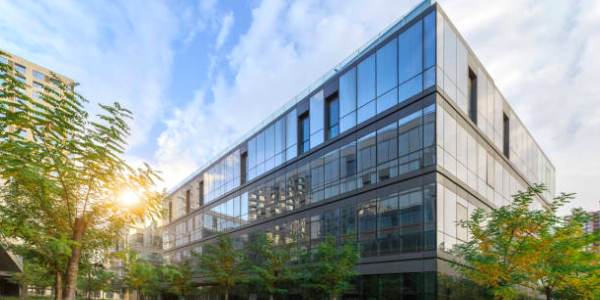The Tax Cuts and Jobs Act was supposed to provide for a 15-year recovery period for QIP. However, that specific recovery period failed to be reflected in the statutory text of the TCJA. Thus, under the TCJA, QIP fell into the 39-year recovery period for nonresidential rental property. That made QIP ineligible for 100% bonus depreciation.
The CARES Act provides a technical correction to the TCJA, and specifically designates QIP as 15-year property for depreciation purposes. This makes QIP eligible for 100% bonus depreciation. This change is effective as though it had been originally included in the TCJA (for property acquired and placed in service after 9/27/17).
As a reminder, QIP is any improvement made by the taxpayer to an interior portion of a building which is nonresidential real property if such improvement is placed in service after the date such building was first placed in service. QIP does not include any improvement for which the expenditure is attributable to:
The enlargement of the building
- Meaning the total volume of the building is increased. An increase in floor space resulting from interior remodeling is not considered an enlargement.
Any elevator or escalator
- The basis of an elevator or escalator does not include the cost of any structural alterations to the building, such as the cost of constructing a shaft or of making alterations to the floor, walls, or ceiling, even though such alterations may be necessary in order to install or modernize the elevator or escalator. If these improvements are not essential to the stability of the building, they would qualify as QIP.
The internal structural framework of the building
- Meaning all load-bearing internal walls and any other internal structural supports, including the columns, girders, beams, trusses, spandrels, and all other members that are essential to the stability of the building.
Therefore, the only projects this change will affect are those that had improvements to nonresidential real property in late 2017, or 2018, or 2019 (already issued).
It does not effect residential properties such as apartments or assisted living, a building purchase without improvements, or new construction.
For affected projects, the Scarpello team will evaluate the projects on a case-by-case basis to determine next steps. Please be aware that it is unknown at this time exactly how a change for 2017 or 2018 should be handled. We are working to find clarification and to provide answers. As more information is shared and deciphered, we will distribute our findings to our clients.


